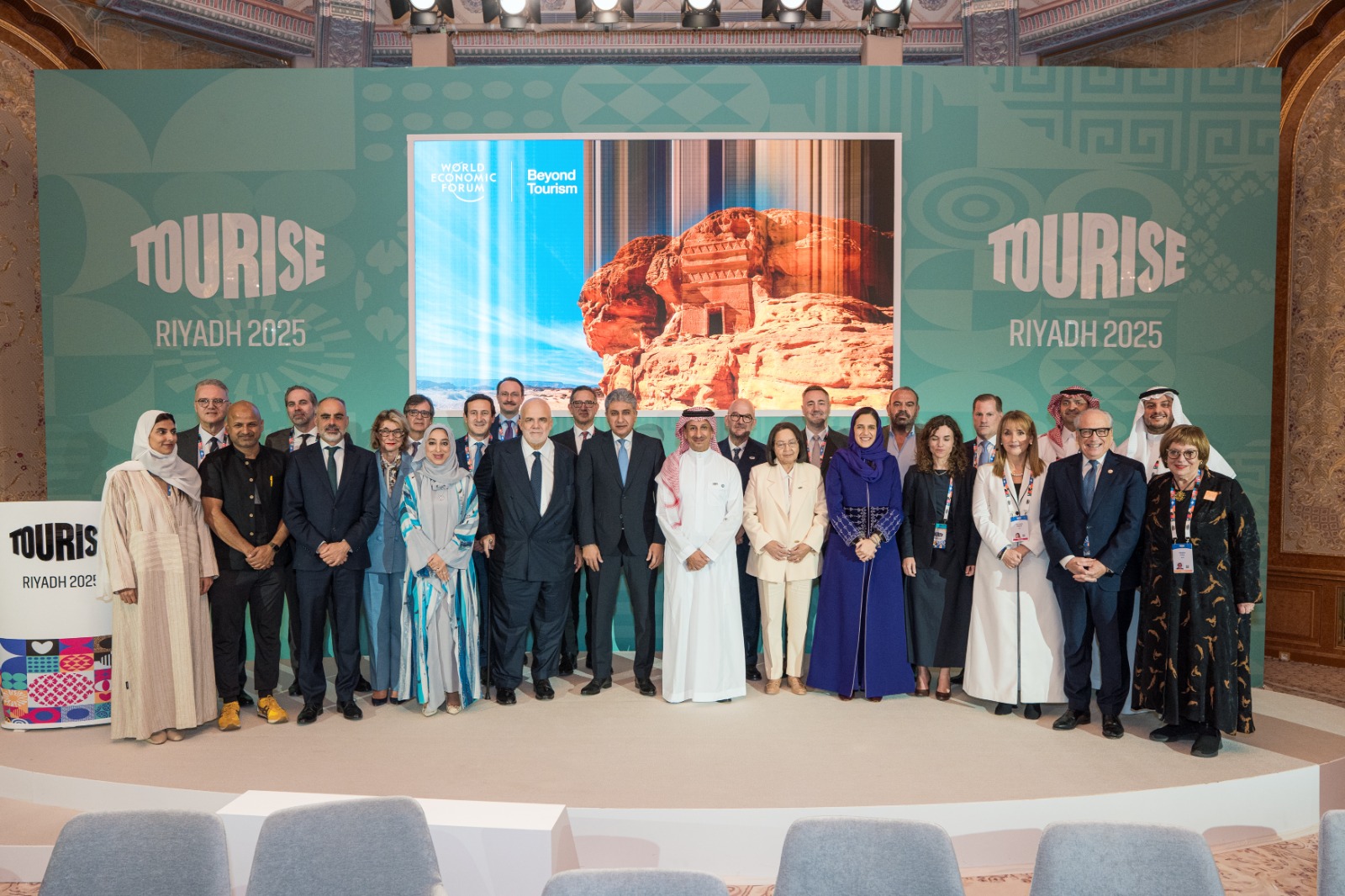Spokesman Report
Moscow: The Russian climate monitoring system and a sovereign methodology for calculating anthropogenic emissions and absorption of greenhouse gas removals allowed Russia to conduct a ‘revision’ of the national anthropogenic emissions on the territory of the Russian Federation.
The new data suggest that the absorption capacity of Russian ecosystems for 1990-2022 was 1.23 billion tonnes of CO2-eq[1]. This is the data obtained by the scientific consortium ‘Anthropogenic emissions: inventory’ of the Russian climate monitoring system.
In addition, scientists have clarified the indicators of anthropogenic emissions by more than 80 million tonnes of emissions in the energy, industrial, agricultural and waste processing sectors.
If we compare the last inventory numbers submitted to the UN Framework Convention on Climate Change (UNFCCC), on average, the inventory data have changed towards a reduction of 680 million tonnes of CO2-eq per year over the period 2010-2021.
These results are a synergy of new approaches to accounting of absorption, remote sensing technologies, artificial intelligence, as well as refined data and monitoring results of the Russian climate monitoring system.
New data on timber reserves based on satellite data have been obtained, the areas of forest loss from annual fires have been clarified, and the areas of glades and inaccessible forests, where protection measures have been initiated, have been taken into account. This has made it possible to clarify the absorption values by hundreds of millions of tonnes of CO2-eq compared to the previous inventory.
All models, formulas and calculations are supported by objective data, which is gathered from the vast areas of our country. Further development of the Russian Climate Monitoring System until 2030 could lead to a clarification of large amounts of data on various ecosystems on land, seas and oceans.
The fact that Russian ecosystems absorb more greenhouse gases is not just words or mere figures, but new scientific knowledge that will help re-evaluate the global greenhouse gas cycle.
More than 800 Russian scientists h took part in clarifying the ecosystems’ greenhouse gases removal capacity and developing new independent emission coefficients that were used for calculations.
The Russian delegation, which includes representatives from government agencies, science, business, and public organisations will participate in the UN Climate Change Conference (COP29) in Baku. Representatives of Russian science invite international experts to the Russian pavilion at COP29 for an open dialogue. The results of the two-year work of the Russian Climate Monitoring System and their reflection in the national inventory of anthropogenic emissions will be showcased at the pavilion. On 12 November, the Day of Science, the Director of the Institute of Global Climate and Ecology named after Academician Yu.A. Israel, Anna Romanovskaya, will present the new national methodology and the results of its application.
The inventory of anthropogenic emissions by sources and absorption by sinks of greenhouse gases not controlled by the Montreal Protocol is a reporting document provided by countries to the UN Framework Convention on Climate Change (UNFCCC). It contains data on greenhouse gas emissions and removals, which is used to facilitate the decision-making process on addressing climate change. The inventory is prepared for the period of minus two years (in 2024 we present information for 2022).







